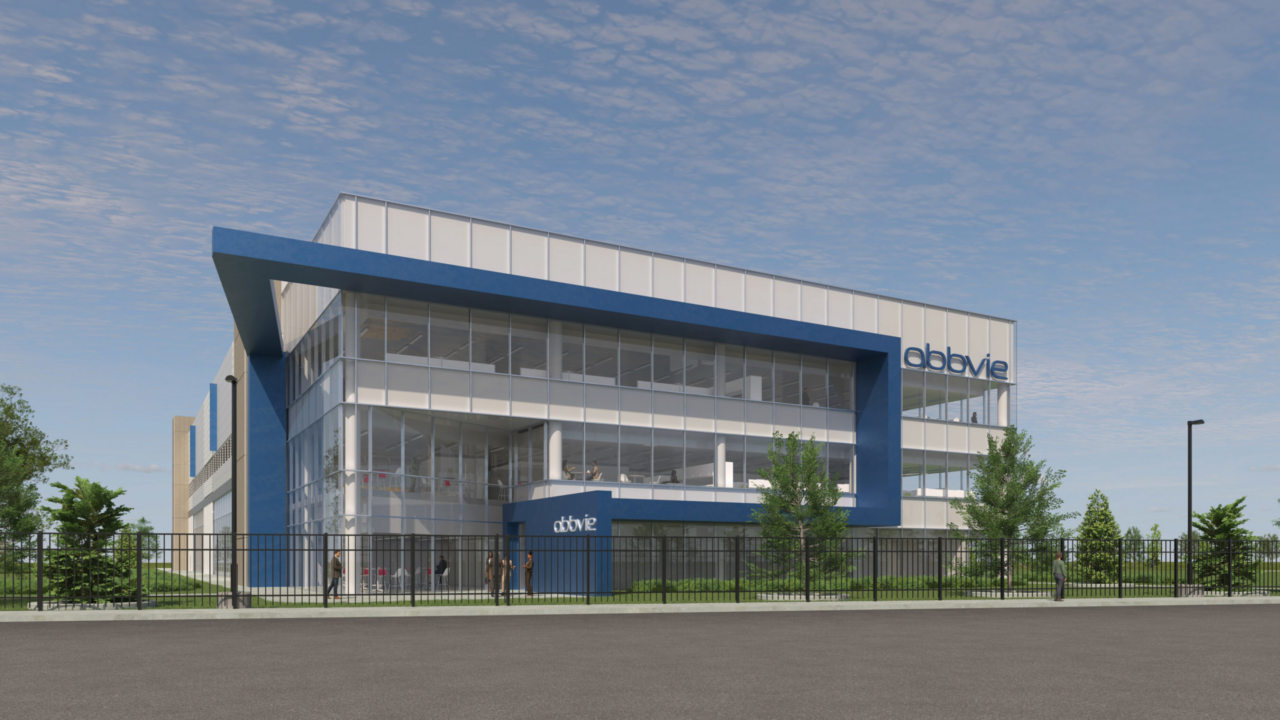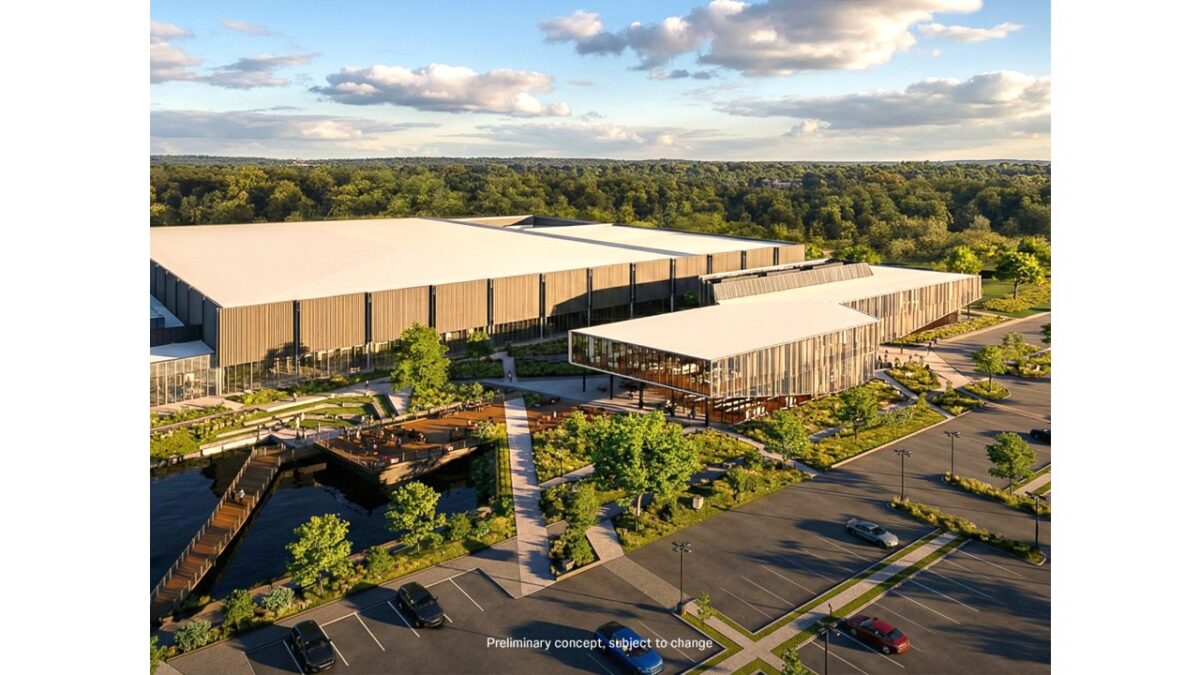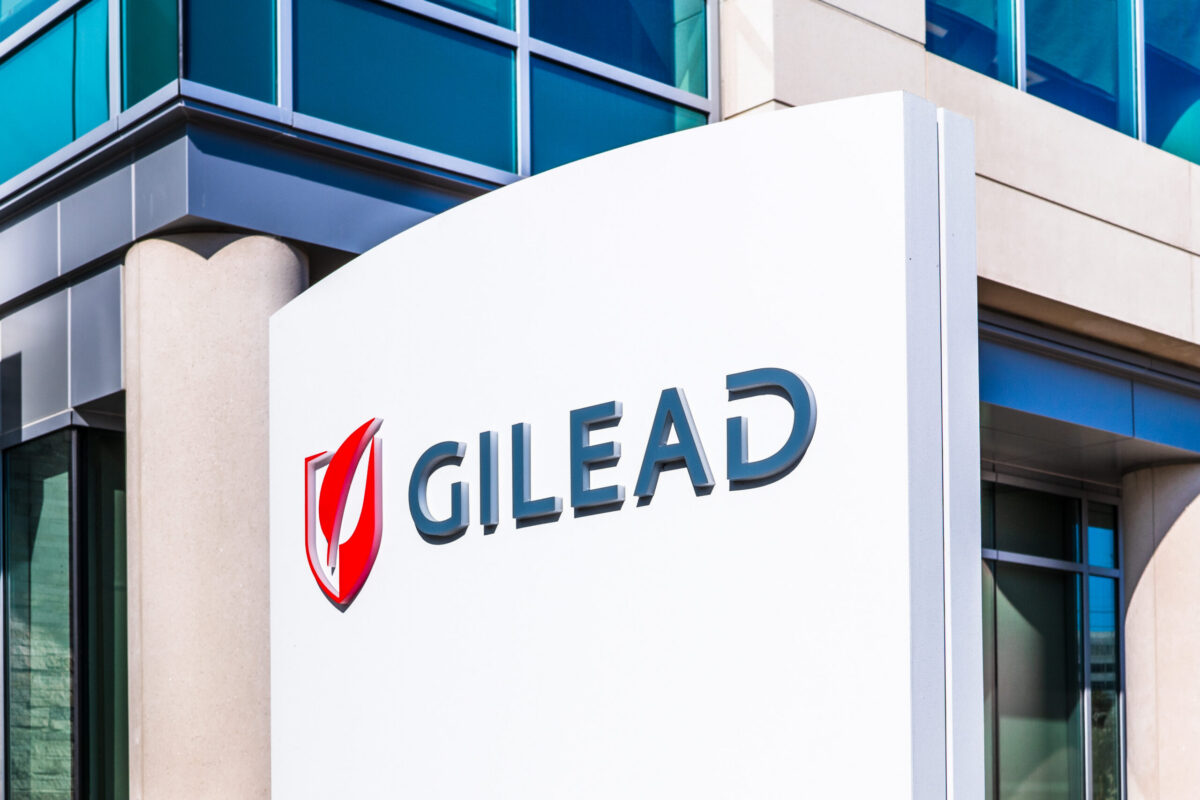The FDA has approved Jobevne (bevacizumab‑nwgd), a biosimilar to Avastin (bevacizumab). This marks Biocon Biologics’ seventh biosimilar cleared for use in the US.
Jobevne, like Avastin, is a humanized monoclonal antibody that blocks vascular endothelial growth factor (VEGF). By preventing VEGF from binding its receptors on blood vessel linings, the drug cuts off tumors’ oxygen and nutrient supply. This action slows tumor growth in difficult‑to‑treat cancers such as metastatic colorectal cancer and non‑small cell lung cancer.
In 2024 — its first year operating as a standalone global biosimilars enterprise — Biocon Biologics launched more than 60 products across emerging and established markets.
Although the company hasn’t released detailed clinical outcome data, comparative studies showed that bevacizumab‑nwgd matches Avastin in safety, efficacy, pharmacokinetics and immunogenicity, with no clinically meaningful differences.
Clinical trials further demonstrated Jobevne’s comparable performance in treating glioblastoma, renal cell carcinoma and advanced cervical and ovarian cancers.
The most common side effects — hypertension, proteinuria and bleeding — mirrored those seen with Avastin. Serious complications included gastrointestinal perforation and arterial thromboembolic events.
Jobevne carries boxed warnings and requires careful monitoring for cardiovascular risks, infusion reactions and proteinuria.
As with Avastin, Jobevne is delivered via IV and is not indicated for the adjuvant treatment of colon cancer.
Biocon Biologics plans to distribute it through US oncology centers and infusion clinics; pricing and launch dates are pending.
The US approval follows earlier authorizations in Europe and Canada, where it is marketed as Abevmy (bevacizumab) and already in real‑world use.
Biocon Biologics reaches over 5 million patients worldwide each year. The company intends to ramp up Jobevne distribution and pursue additional oncology biosimilar approvals in key global markets.
In February, Biocon Biologics also added Yesintek (ustekinumab‑kfce) — a Stelara biosimilar — to its US portfolio.
India’s Expanding Biosimilar Footprint
India’s biosimilar market reached $866.2 million in 2024 and is expected to grow at a 17.4% CAGR through 2033. Bevacizumab biosimilars rank among the top-selling oncology drugs in India.
Several India-based firms continue to expand their global biosimilar presence. For example, Dr Reddy’s recently partnered on an international daratumumab biosimilar, and Curateq Biologics won UK approval for its bevacizumab version.
The US biosimilar market may exceed $100 billion by 2029. In 2022, India-based companies supplied 47% of all generic prescriptions and 15% of biosimilar fills in the US. Between 2013 and 2022, biosimilars saved the US healthcare system an estimated $1.3 trillion, including $219 billion in 2022 alone.












Join or login to leave a comment
JOIN LOGIN